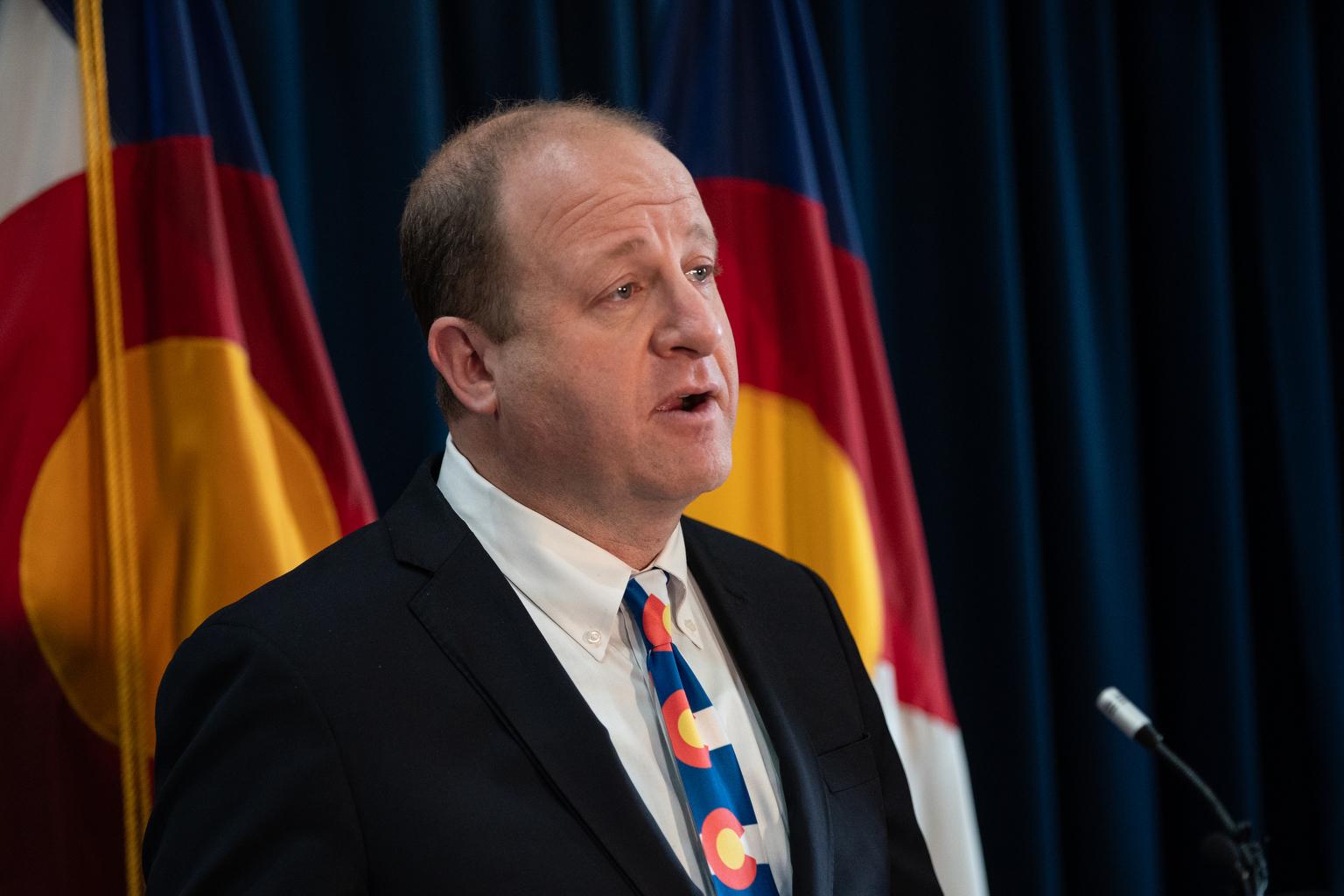
On a recent afternoon, I found myself on the verge of drowning in a sunken shipwreck.
Let me explain. While my main job is with CPR News, I moonlight as an intrepid underwater explorer. My most recent expedition included a series of sunken mysteries in the Saint Lawrence River in upstate New York. One of these ships was the Vickery — an ancient war vessel that found its final resting place on the river floor.
It also proved to be a perilous trap.
A gaping hole in the side of the ship appeared to be the perfect entrance, but, as soon as I swam inside, an iron gate closed behind me. I checked my diving gauge. The oxygen in my tank gave me about an hour to escape. I managed to stay calm enough to flip on my flashlight.
In a moment, I realized the Vickery wasn’t just another humdrum three-mast schooner slowly losing its shape to shipworms. The inside was littered with locks and codes, laid out as a series of tests for some cross between Sherlock Holmes and Jaques Cousteau.
The choice was clear: I could either surrender to the Vickery as my watery coffin or defeat these nautical brain teasers.
I had no time to waste.
Obviously, I’m not actually an underwater explorer. I am something far more common and far less badass: a nerd who treats himself to the occasional escape room.
The scenario described above is the opening to a new escape room experience by Paruzal. The company, recently launched by Denver couple Elyssa and James Warner, has proven to be a rare bright spot in an economy racked by the coronavirus. That’s because the pair has figured out you don’t need an actual room to build a lively puzzle experience. All you need is a Zoom account and a hefty dose of imagination.
“A lot of brick-and-mortar escape rooms are closed temporarily while we wait for this virus to pass,” James said. “We wanted to give the puzzlers of the world something to do.”
James and Elyssa first fell in love with puzzles when they lived in Germany. Thousands of escape rooms had recently sprung up in the U.S. and Europe, drawing groups of brainy millennials happy to pay for what amounts to a strange but addictive combination between a timed test and an adventure movie. Participants hurry to escape a serial killer or a contaminated laboratory. Success earns a sense of accomplishment and a cheesy team photo in the lobby.
After playing enough escape rooms, the couple decided to incorporate puzzles into their annual Christmas gifts.
In one case, James handed his wife a complex list of turn-by-turn directions and dropped her off at what appeared to be a random intersection. Eylssa then ran the route and recorded her path with a GPS watch. When she returned to their apartment, she saw she had spelled the word “railing.” She found her gift tied to a string from their balcony railing.
While James and Elyssa agreed their puzzle ritual was far more interesting than handing gifts across a coffee table, there was just one problem. Their families, who loved hearing about the puzzle gifts, couldn’t play along.
So, last Christmas, the couple decided to switch things up a bit. Rather than designing a complex puzzle in the real world, they’d write out scripts they could read to each other. The sagas worked something like a choose-your-own-adventure novel. One person would read the script, which would describe a setting full of challenges, characters and puzzles. The other person would describe how they’d like to interact within the imaginary space.
It worked in a living room — or over a video call.
“This was the first time [our gifts] weren’t just going to go into a closet and gather dust. Like, we could actually share it with people and that was really fun,” Elyssa said.
The puzzles were such a hit with the family, they encouraged the couple to build a business around the concept. James had worked with the federal government and Elyssa had a job in science communications. Still, they decided to give it a shot. The Warners landed on Paruzal as a name because it sounded puzzly — and it had an open domain address. The plan was to go live with the website sometime this summer.
But when the pandemic hit, the couple decided to go for it.
“We heard so many people staying home, so many people being socially distant. So we ended up launching in the middle of March,” James said.
They posted the website in Facebook rooms for escape room and puzzle enthusiasts — and waited.
The challenges inside the Vickery had taxed my oxygen-deprived mind. But still, I had managed to unlock a series of cabinets, crack a secret code and map the exact angle the ship had landed in the muddy riverbed.
Nevertheless, that iron gate remained locked. I knew death offered one escape from this nightmare, but I resolved it would not be the glowing red exit sign I’d choose. Not today.
I checked my watch: 15 minutes of oxygen remaining. I made a final scan of the ship’s innards. I had already noted most of what I saw: the bundle of ropes in the corner, a strange lattice of holes in the hull, the broken bases of the ship’s masts.
Then — toward the front of the ship — a small picture. I swam closer. It showed a statue of a dog poised on what appeared to be the boat’s prow.
A key hung from its mouth.
Fellow puzzlers were the first to sign up for one of three Paruzal games.
James and Elyssa had a blast hosting the events over Zoom. Elyssa read the scenarios as the “game mistress” and James gave hints as the “clue genie.” Through the combination of simple graphics and careful narration, it appeared the couple had figured out a way to create compelling puzzles online. And unlike video games, their concept lets people interact as they might have in a real-world escape room.
The first hint of a broader audience came from a different kind of reservation.
“I was really floored when I got an email one day asking if we would be the entertainment for a 12-year-old girl’s birthday party,” James said. “The sigh of relief of that mother’s face and the girl’s giggling the whole way through it — that really meant a lot to us.”
James and Elyssa said Paruzal games are now booked up days in advance. Customers have shown up from other places the couple never imagined. Businesses have booked their games as Zoom-based team-building experiences. Long-distance couples have met up inside their puzzles.
Each of the games cost $15 a person and can handle up to eight people at a time. The games have brought in enough revenue that the couple has even hired a cousin who lost her job in the New York theater scene. She helped them write a recent puzzle that challenges participants to sneak backstage at a Bruce Springsteen concert.
“Because we play the game she advised us, we're able to cut her a check,” James said.
The couple isn’t quite sure what to make of their success. They did not plan to launch their business during a pandemic, but still think their experience might contain some lessons for other creative types hoping to move their crafts online.
“If you have an idea, maybe it's not exactly what you envisioned, but if you have a way to make it remote-friendly, maybe explore that right now,” Elyssa said.
She added she’s glad the couple spent so much time experimenting with different online platforms before landing on Zoom. If other people want to launch something online, she recommends doing lots of tests to work out any technical kinks.
James had a broader piece of advice: Whether you have plans for an online concert, an online dance party or an online theater production, be flexible. You can’t know what will work or where your audience might come from.
“That flexibility includes not rigidly sticking to our original plans,” he said. “Because, if we had done that, we'd still be writing episodes now rather than talking to you.”
The clue genie himself had one more hint. An enormous number of people are stuck in a similar situation at the moment. If you want to appeal to people locked in the homes, imagine what you’d want to be doing right now and provide that experience.
“We didn't go into this saying, ‘Oooo, I want to make oodles of money,’” he said. “We went into this with the idea of there's a community of puzzlers like us that want something to do.”
And, at the very least, he’s glad he and his wife have offered those people a brief moment of escape.
I am tempted to reveal the full tale of how I freed myself from those dire underwater circumstances.
Suffice to say, all escapes are rooted in a basic human desire. My first breath of air on the dive boat felt like freedom.
It was only on the ride back I realized I was still trapped, as we all are, in a body. These vessels are fragile things. They need air and water, love and shelter, medicine and protection from disease.
As seagulls kept pace with the ship, I fell asleep as one thought swam around in my head.
We can never escape ourselves, but survival is not a matter of shaking the bars before descending into despair.
It’s about straightening up, turning to face those fears and finding all the strange hints and riddles that lie inside.
This story is adapted from an episode of "At A Distance," a podcast guide to living through a bizarre time. Learn more and subscribe to the podcast here.









